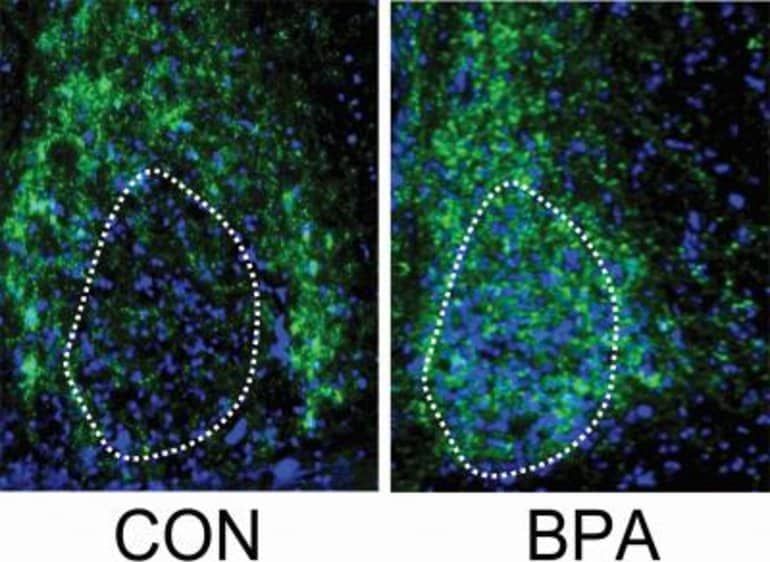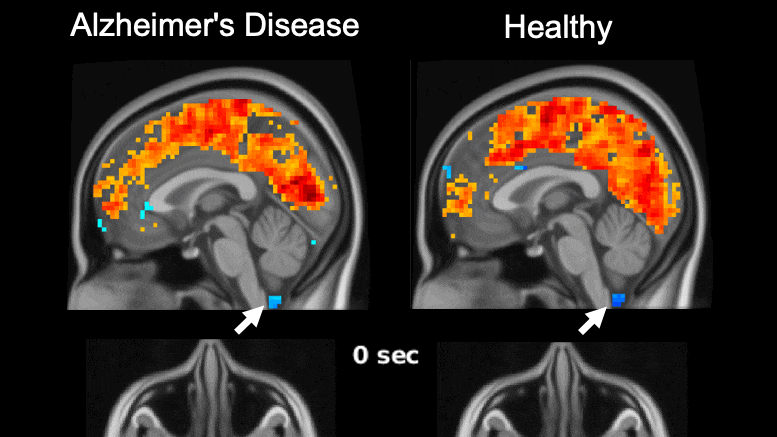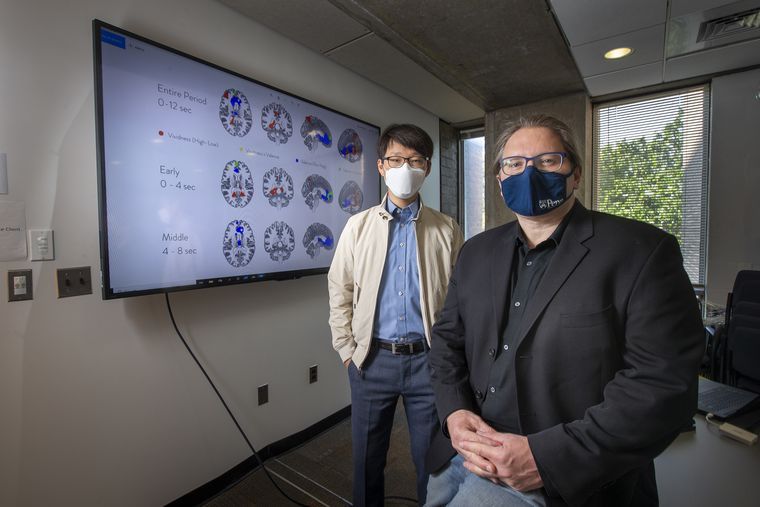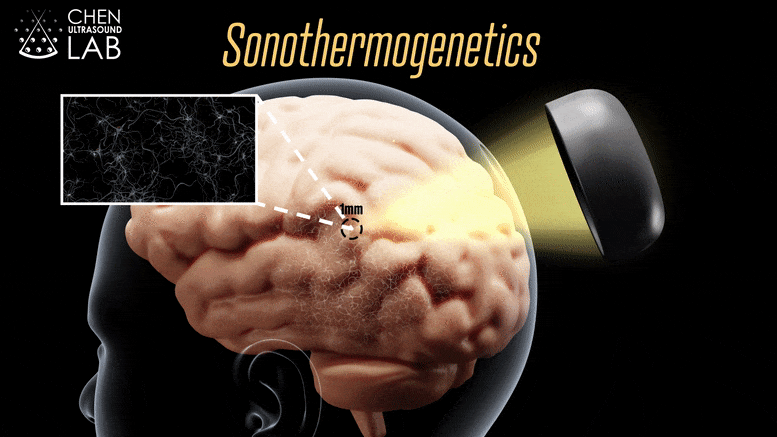In a recent interview, Elon Musk stated that the human language could possibly end within five to ten years. The CEO of Neuralink went to talk with Joe Rogan, implying that with the innovation of the brain chip the company is currently developing, humans won’t have to speak anymore using traditional languages.
Neuralink develops a chip that will soon be able to attach to the human brain. The chip’s invention aimed to communicate faster and conveniently. Through a single universal language, Elon Musk believes that the way we talk today will soon improve. The brain chip is expected to be completed to be developed within a few years, and by then, our communication could possibly evolve.
Elon Musk stated that the Neuralink chip’s success may take a while, but it should take five to ten years if the development will accelerate. He also added that the progress of the brain chip is on track, but with only to focus on their current objective, which is to help people minimize and prevent brain injuries, Express reported.
Elon Musk’s Brain Chip Completion on Progress, Initial Batch Will Solve Brain Injuries
The brain chip’s power was already displayed in a 2019 long-stream video by Neuralink. In the video published on the YouTube channel Monkey MindPong, a monkey with an active chip on its brain was shown playing a video game that is similar to a table tennis match. The astounding display of the monkey’s brain reaction toward the game left experts in awe.





